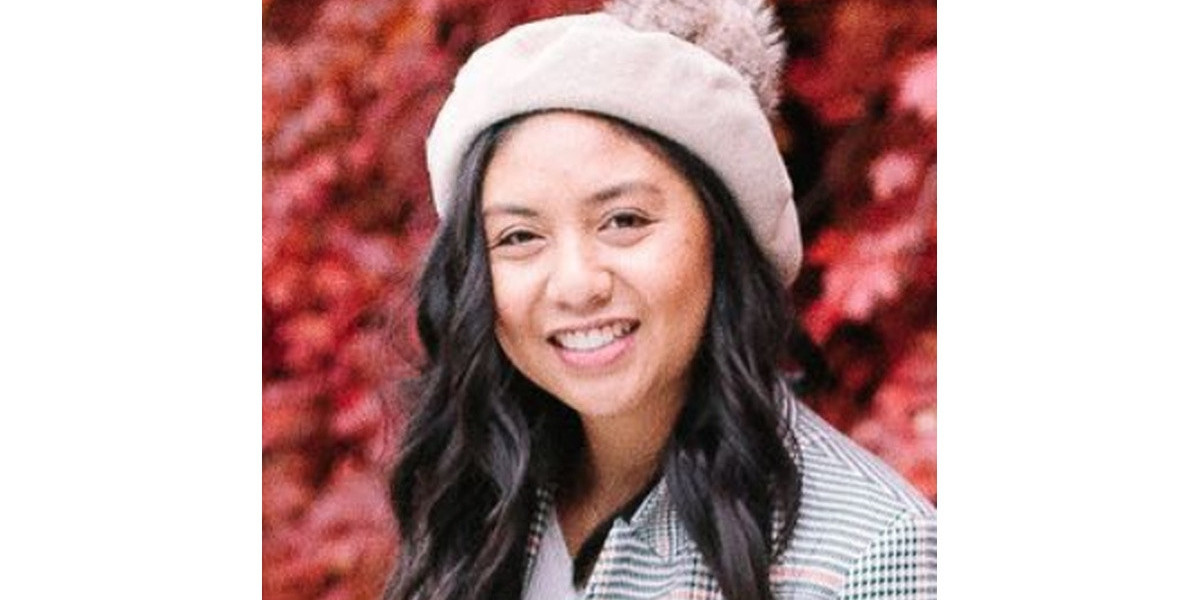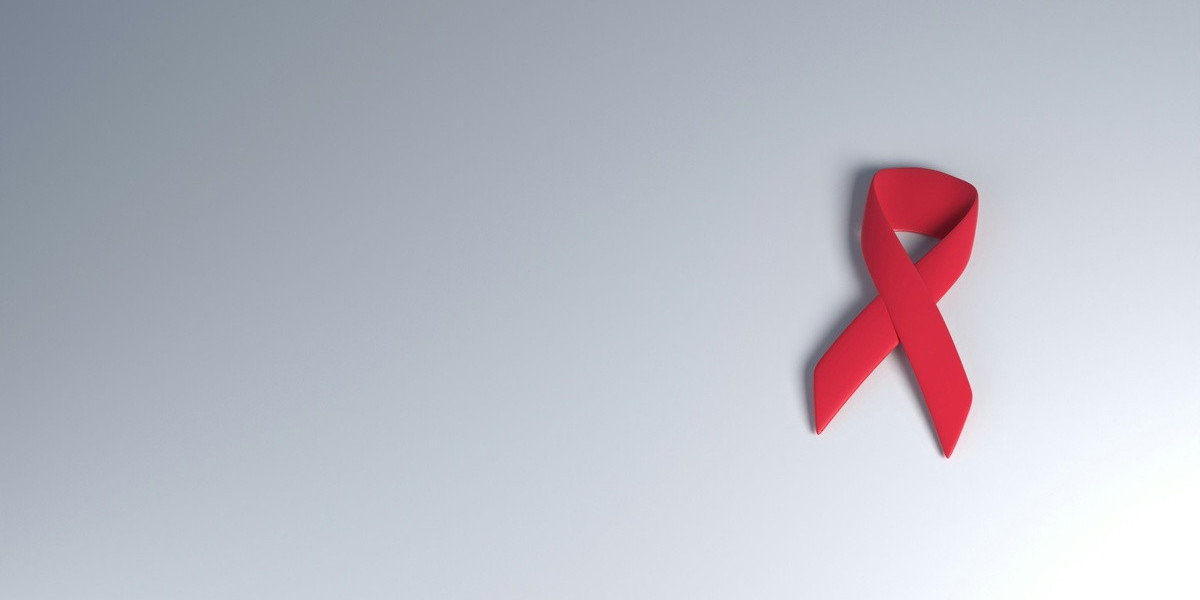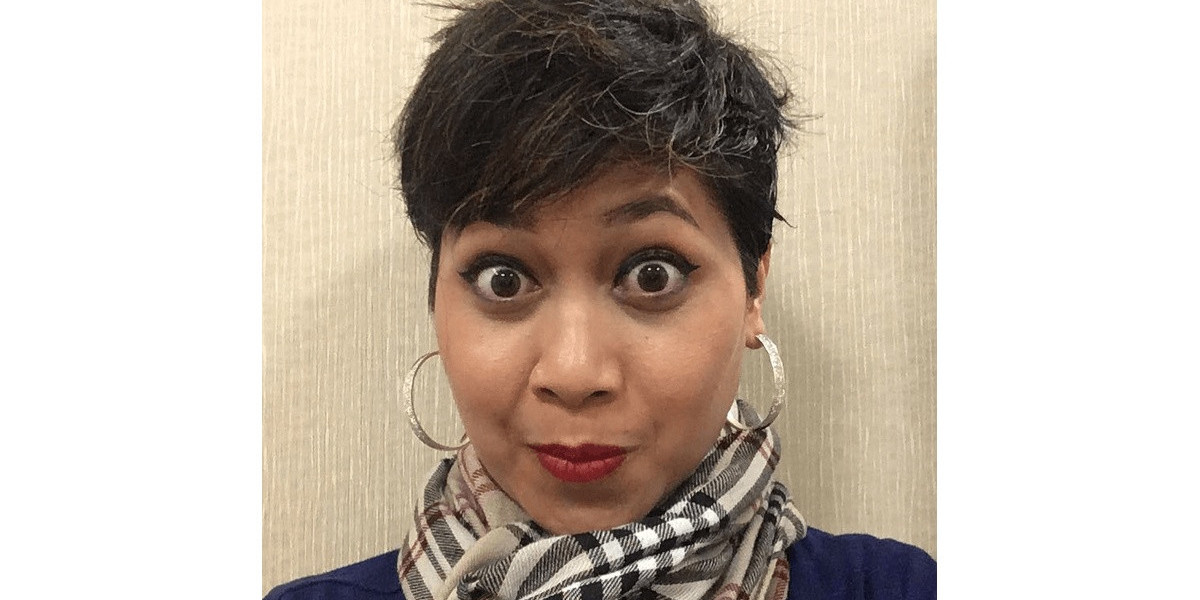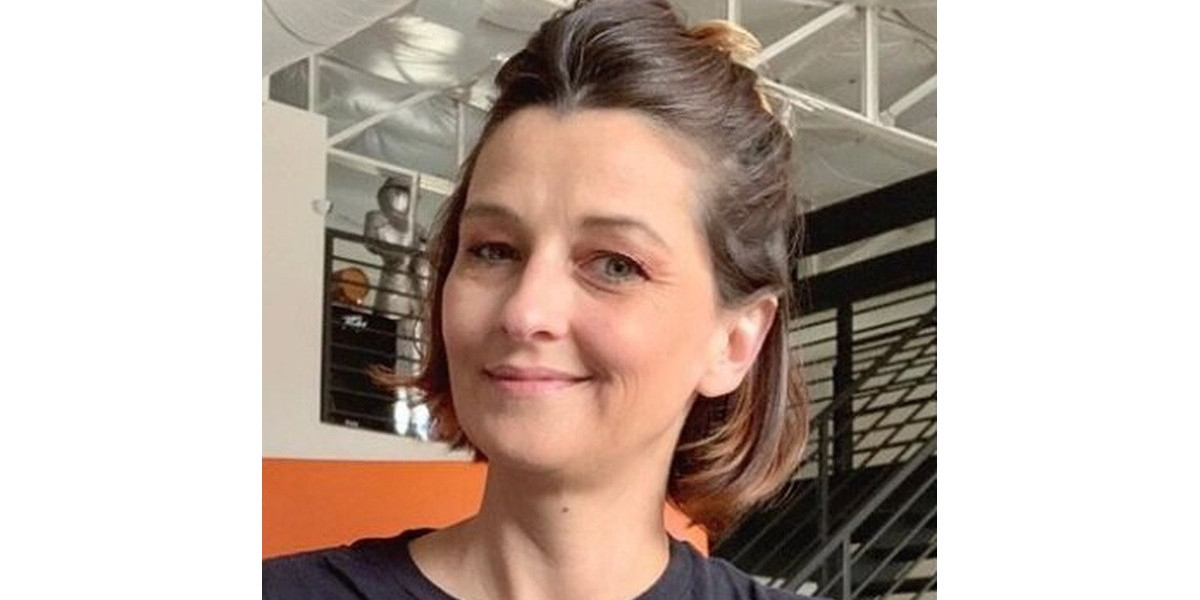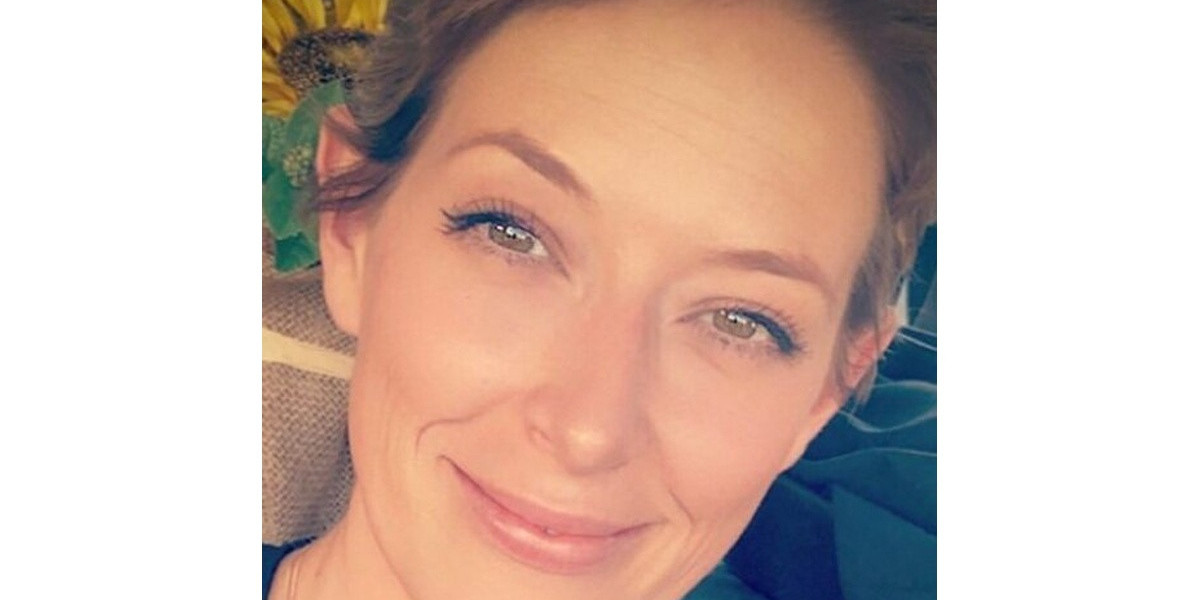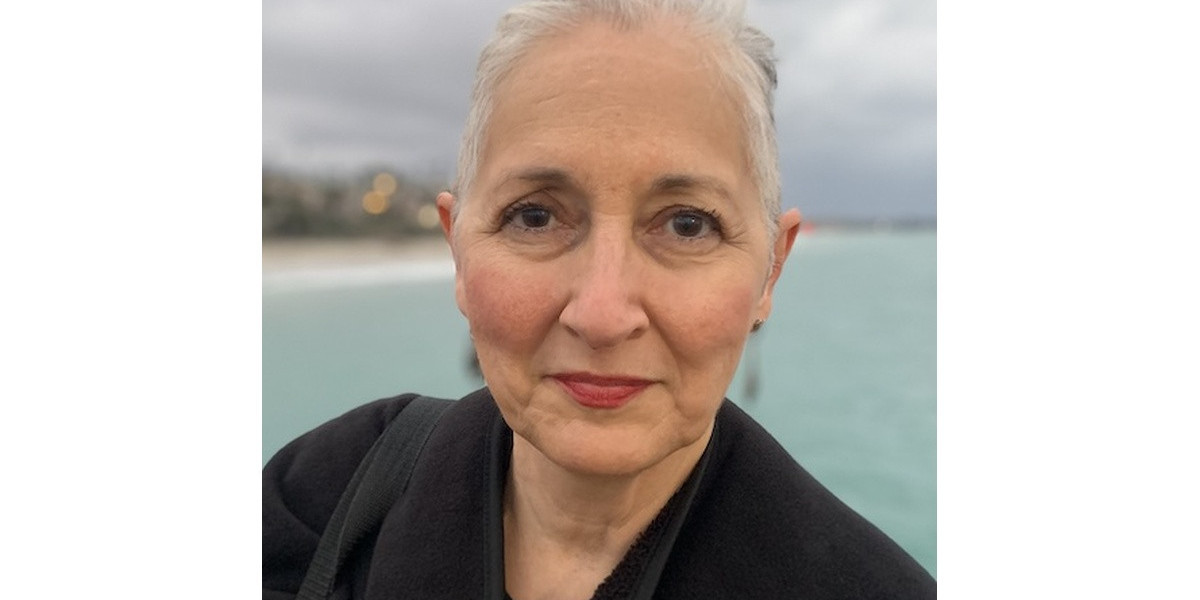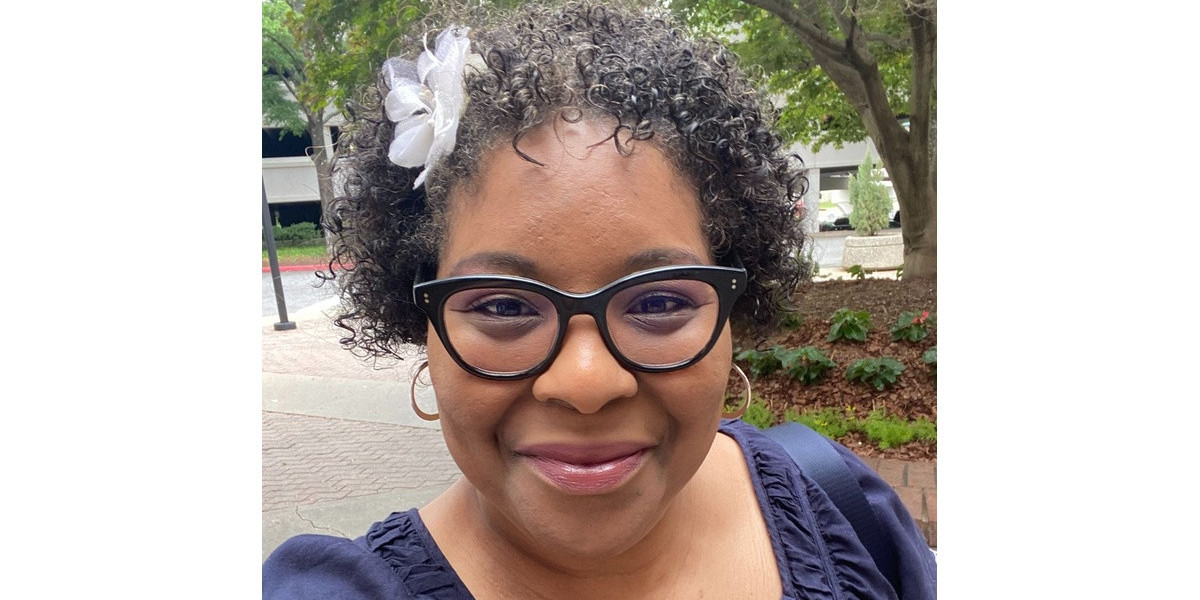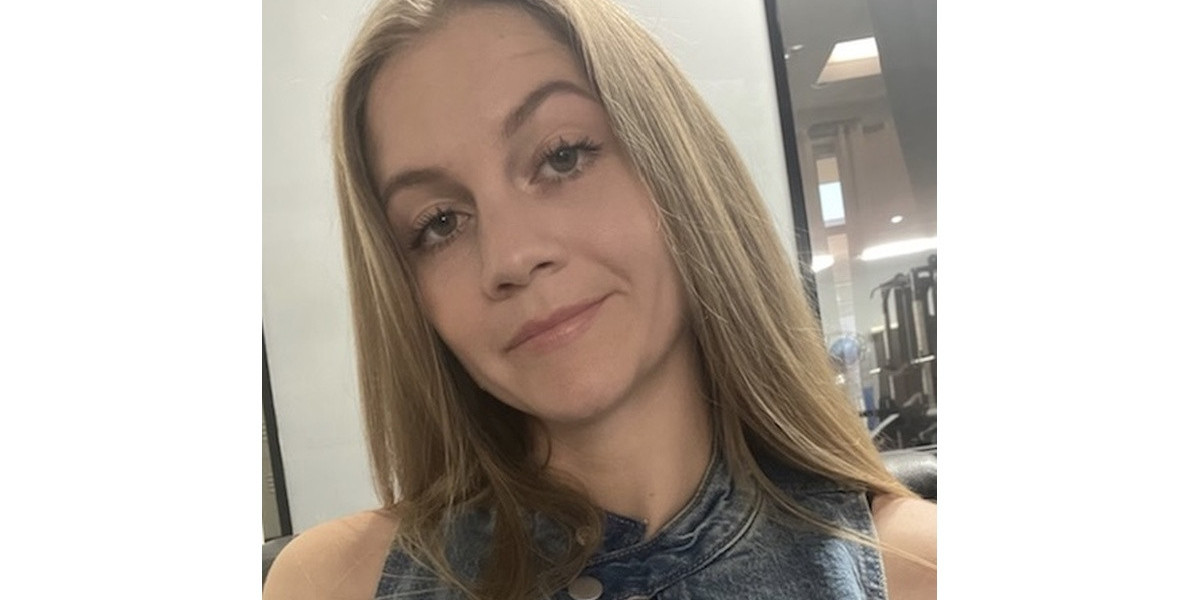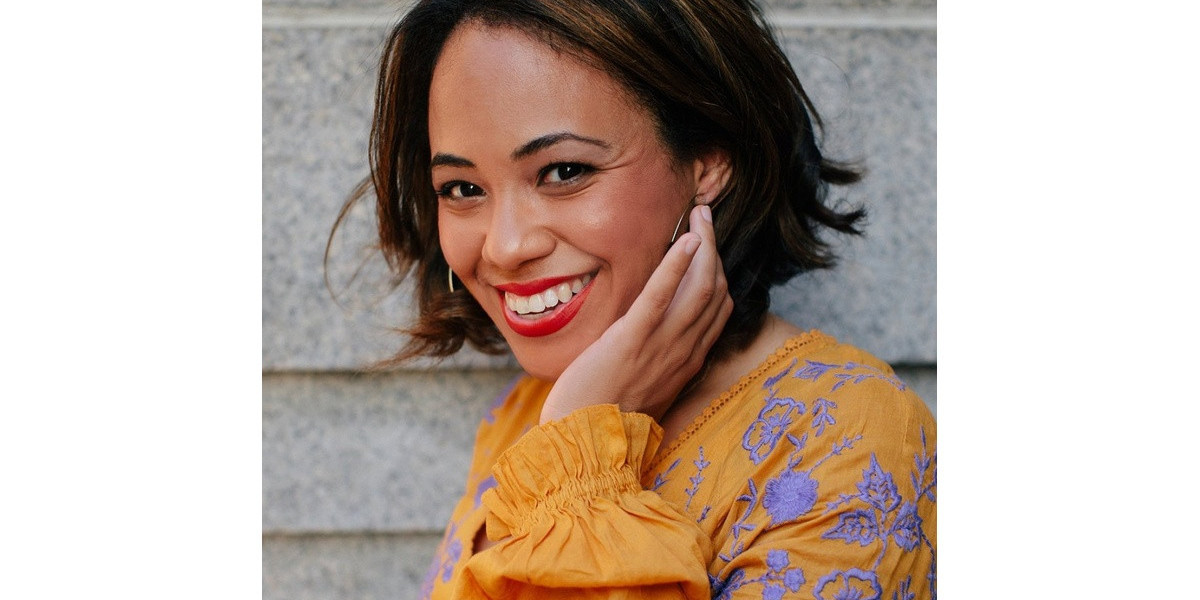Rach’s Stage 2 IDC Triple-Positive Breast Cancer Story
Rach D., IDC, Stage 2, Triple Positive
Symptom: Lump in right breast
Treatments: Neoadjuvant chemotherapy, double mastectomy, targeted therapy, hormone therapy
Rach’s Stage 2 IDC Triple-Positive Breast Cancer Story
Rach shares her stage 2 triple-positive breast cancer story and how she got through treatment: chemotherapy, hormone therapy, targeted therapy, double mastectomy, and reconstruction surgery.
In her story, Rach also highlights the process of going through fertility preservation, the importance of self-advocacy for patients, and dealing with financial toxicity in paying for treatment. She gives some guidance on how to navigate the impact of a cancer diagnosis on relationships.
- Name: Rach D.
- Diagnosis:
- Breast cancer
- Triple positive
- Staging:
- 2
- 1st Symptoms:
- Mass on right breast
- Treatment:
- Chemotherapy
- Hormone therapy:
- Zoladex (goserelin)
- Targeted therapy
- Herceptin
- Surgery
- Double mastectomy
- Reconstruction
- Other drugs:
- Zometa
- IVF (fertility preservation)
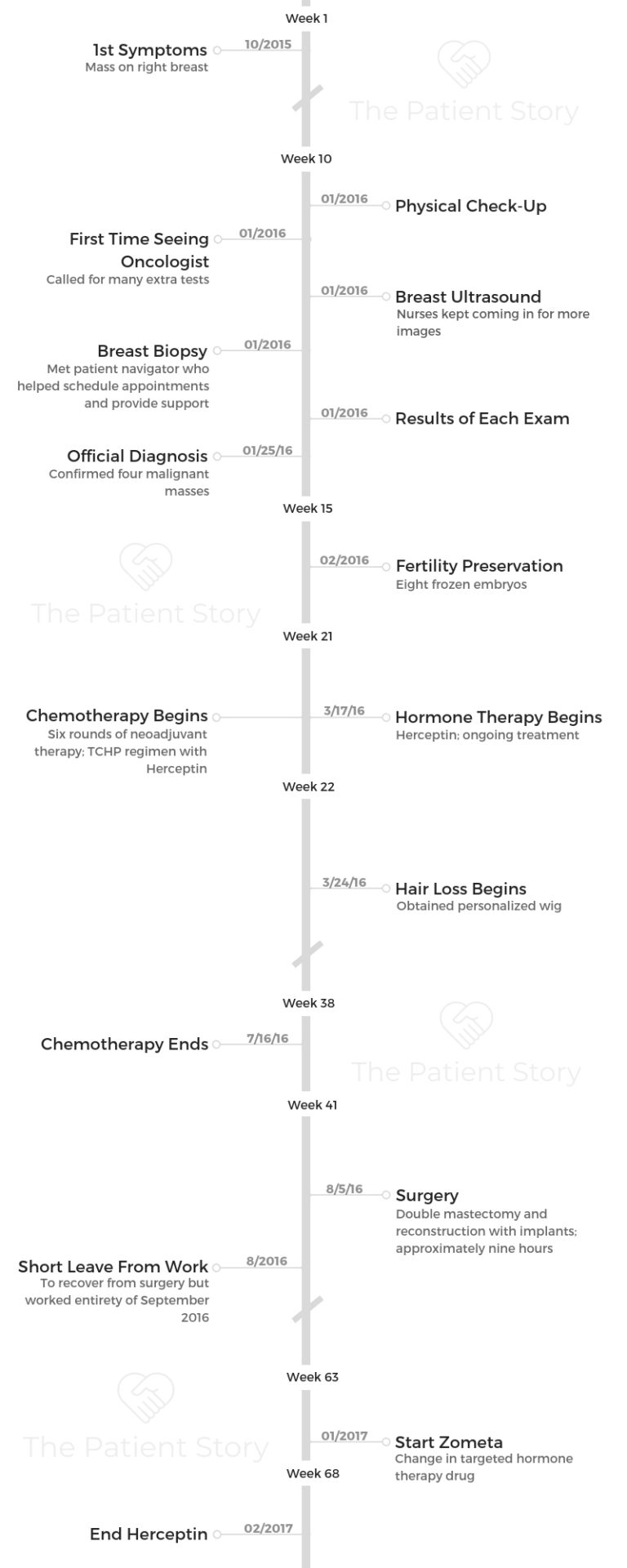
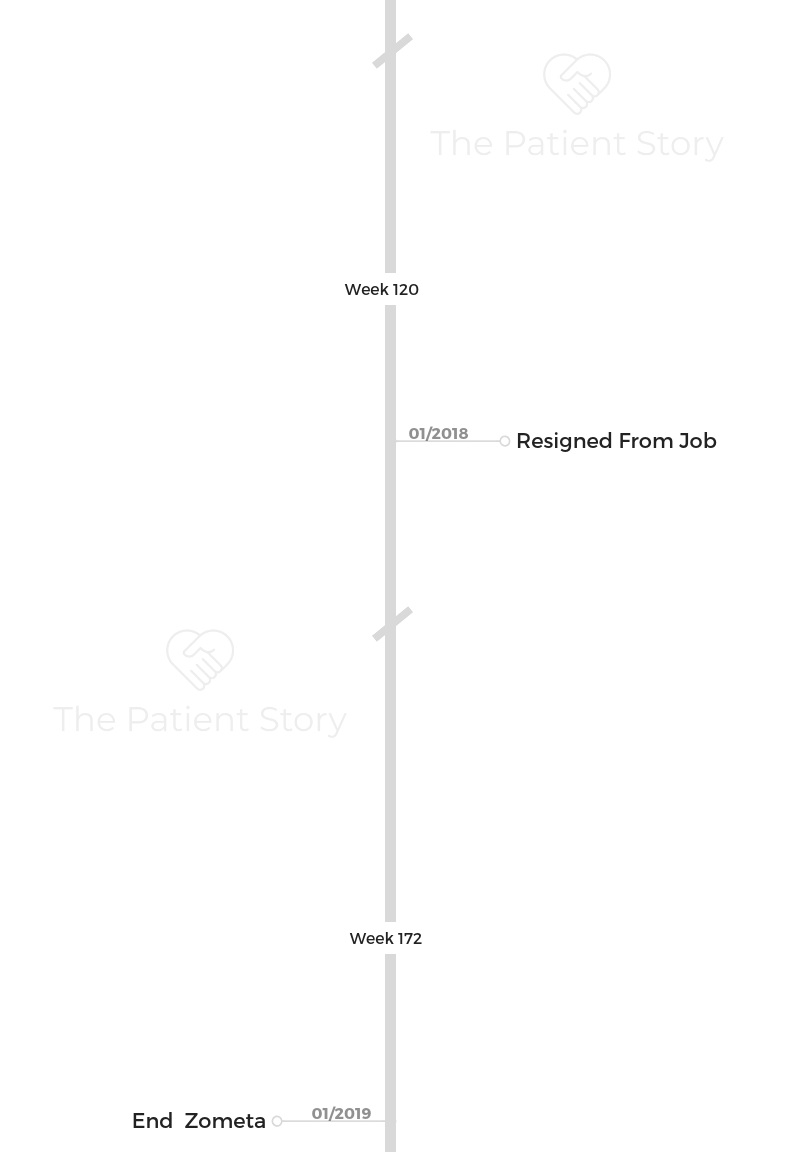
- Diagnosis
- Describe your first symptoms
- Describe your diagnosis process (medical visits, tests, etc.)
- Describe the breast ultrasound
- Biopsy confirms cancer
- How did you process the diagnosis?
- How did you tell your loved ones the news?
- Did you get a second opinion?
- How did you decide where to get treatment?
- Neoadjuvant chemotherapy
- Fertility Preservation
- Chemotherapy and Side Effects
- Targeted Therapy
- Double Mastectomy Surgery
- Quality of Life
- Were there any surprises during your treatment process?
- Were you surprised by your hair loss?
- What was the worst thing you experienced?
- What got you through the tough times?
- Were there any moments you had to advocate for yourself?
- How important is it to have caregivers?
- How did cancer affect your relationship with your husband?
- Any advice for cancer patients on how to deal with a spouse during treatment?
- How did you deal with the financial aspects of treatment?
- Did you have any help preparing for outside of treatments (insurance, family cooking, etc.)?
- Was there anything you wish you had known?
- Survivorship
This interview has been edited for clarity. This is not medical advice. Please consult with your healthcare provider for treatment decisions.

Diagnosis
Describe your first symptoms
It was a little bit of a process. I think it really started during my honeymoon. I had my honeymoon in October.
We were in the Greek Islands, pretty much enjoying life. One of the days, we were like, “Oh let’s just hang out by the sun.” I was putting on my swimsuit top, and it’s one of those that were clasped in the front.
As I was attempting to put my swimsuit top on, that’s when my right hand just brushed over my right breast, and I felt something there.
The thing is, growing up I’ve always had this tiny lump, what I hear is common with other girls. It really wasn’t deemed as anything, and it probably wasn’t anything.
But I will admit, I rarely did any self breast exam because I just didn’t see the point.
The only time I would have it was when I would go see my doctor every year for my annual exam. As I brushed my right breast, I was like, “Okay, I’m kind of confused because I don’t know if it always felt this way, or it actually feels bigger.”
When I was explaining this to my husband, I seriously was about to faint. Part of me felt like something was wrong.
Of course, by the time we got back from our honeymoon, I forgot about it. The truth is I didn’t think anything could really be wrong with me.
Describe your diagnosis process (medical visits, tests, etc.)
The beginning of January, I actually had my physical exam that I was scheduled to have with my primary doctor. During my time there, she asked me when she was doing the breast exam, “Did that feel different?”
I was like, “Actually, I was hoping you can tell me. Because I can’t tell. Maybe? But I’m not sure.”
At that time, she said it does feel different. “It feels like you have 3 masses in there, but it could be fibroadenoma.”
She’s said, “You’re 27. At that age, women start to develop fibroadenoma. But just to be sure this is fibroadenoma, let me just schedule you a breast ultrasound.” She scheduled that immediately.
Describe the breast ultrasound
I did the whole breast ultrasound. I thought it was weird because the technician would continuously come back into the room and then tell me she needed more images.
Each time she thought she was done, she comes back saying, “Oh, we need more.” This literally took the whole day.
As I was getting dressed, they told me, “Oh wait, don’t dress yet. We need some more images.”
It just so happened I had my first-ever mammogram, and I was so confused.
Biopsy confirms cancer
As soon as I got home from the hospital, I got a call from my primary doctor. The next thing I know, I got my biopsy scheduled.
When I finished it, there was a patient navigator in there with me. My primary physician actually called me during her vacation, and she’s like, “I’m sorry I have to call you.”
She pretty much confirmed that I had 4 masses that were malignant, basically 4 cancerous tumors, and confirmed with me that I have breast cancer.
Luckily, for some reason deep down inside of me, I also felt like I should work from home that day, and I’m very glad I did.
Hearing you have cancer while you’re in the middle of working, you’re just like, ‘Wait, I just finished one of the most important meetings, and now I’m being told I have cancer? This is bizarre.’
But at the same time, it didn’t register. I heard her say I have cancer, and I immediately called my husband, my family, or anyone I was close to to tell them what the results were.
As I was saying it, it just didn’t feel real. As if it had to belong to someone else, not me.
Ultimately, that’s what led to my official cancer diagnosis. It was January 25th.
How did you process the diagnosis?
That’s the weird part. You know how your mind thinks there’s something wrong, but maybe not? I’m not quite sure exactly how to process what I was thinking.
You hear the word “cancer,” and you know it’s bad. You see it on TV, and you always feel bad whenever you hear that anyone has to go through cancer.
But you never ever think it actually will affect you.
It’s a weird feeling thinking, “Maybe there’s something wrong.” But at the same time, I kept telling myself, “There’s no way. This is a rare thing.”
»MORE: Patients share how they processed a cancer diagnosis
How did you tell your loved ones the news?
I immediately called my husband and said, “Hey, I just got the results.”
He’s like, “All right.” I think he knew. I think he probably could tell by my tone, my voice. I’m not sure, but he knew. He was like, “I’m heading home now.”
I called my parents and pretty much just told them, “I got my biopsy results, and they confirmed that it is breast cancer.”
At first my dad was confused, because he was like, “Are you sure that’s what you heard? Maybe you think…”
I was like, “No, I’m pretty sure that’s what she said, because she’s having me schedule to see an oncologist and a surgeon.”
My dad’s like, “Okay, well, I’m going to call your mom. I’m going to pick her up from work now, and we’ll come over there.”
I texted my best friend because she’s been asking me, and she kind of knew what was going on. Next thing I know, she didn’t really tell me she was coming over. She just came over.
I think it was harder for my in-laws — I’m also close with them — because they weren’t in town. They were in Florida.
They were being very optimistic the entire time because people who have abnormalities, usually it’s nothing.
It was also really hard to hear it is cancer. I let my husband handle it. They were very shaken by with the news, but there was no way to dance around the results.
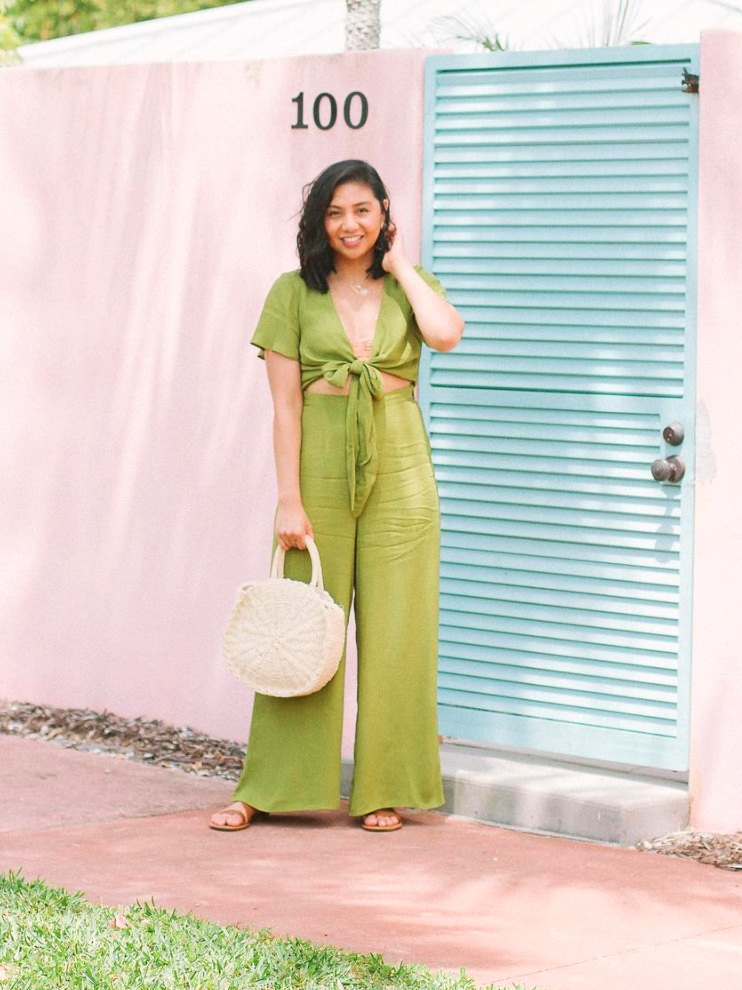
Did you get a second opinion?
Yes. I wanted to take advantage of all the great hospitals that I live by, so I pretty much had 4 second opinions. I wanted to make sure, because I came from a family who has worked in the medical field.
I also understand the importance of being in the right care, and that also has to mean who I feel the most comfortable with. It’s a chemistry kind of thing.
If you have a good vibe about your doctor, I honestly believe it’s not going to be an easy process, but it’d be easier. I wanted to make sure that I found the right one for me.
How did you decide where to get treatment?
With my patient navigator, it was all regarding that one hospital. I was pretty vocal with every doctor I met at that first hospital.
I’m like, “I’m going to go seek a second opinion.” They also agreed. They were like, “You know, that’s good.”
Then I also worked with that hospital to make sure to start releasing some of the test results to all these different hospitals that I wanted to get a second opinion on.
I also asked a couple family members who are doctors about who they think would be best and to give recommendations.
My husband and I did a little bit of our own research. Some of our other family members who wanted to help us out in a way did their own research.
Ultimately, I came to a decision with which doctors I wanted to see in each hospital. I met with the main doctor I wanted to see and their team.
One thing I know is you may have a primary attending that will be your doctor. They’ll handle your standard of care.
But they always have a team. You have to make sure you feel comfortable with that team, too.
They’re the ones who are going to be checking up on you more often than the attending physician. I also wanted to hear what their treatment plan was.
What’s crazy was every hospital was slightly different, and I was glad I was able to see that. For me, it’s very important to go with a treatment plan that I feel most comfortable with and with the best outcome.
Neoadjuvant chemotherapy
My treatment plan was neoadjuvant chemotherapy. It is basically having chemotherapy prior to surgery.
Every doctor had a different opinion, but I went with a doctor who preferred neoadjuvant chemotherapy because they said that shows evidence and proof that the treatment is working.
If they’re seeing the tumor shrink, then they know whatever they’re doing is killing the cancer cells. They said in their eyes, if they remove the tumor first and then get treated, they are not sure if they’re giving me the right regimen. They’re kind of just killing it blindsided.

Fertility Preservation
Describe the process of fertility preservation
One thing I wanted to make sure before I started chemotherapy was that I did the fertility preservation, which is why there’s a gap between when I got diagnosed and when I started chemo.
I got diagnosed on January 25th, but I didn’t start chemo until March 17. In between, I was not only doing second opinions, but was also thinking about fertility preservation.
My husband and I knew we wanted to have a family. We didn’t plan on having a family soon after we got married because, at this point, we were only 6 months into our marriage.
A lot of the doctors did say, “If you want to have a family, that’s something you have to consider.”
With treatment, things can change. Your reproductive system can change, and it may not be a guarantee that I can naturally conceive a baby.
She had me meet patients who naturally had a baby without going through any IVF process, but also had me meet some of her patients who went through the fertility preservation.
She said, “I want you to know you have options, and I will support whatever decision you make.”
There’s a fertility specialist that deals with cancer patients, and she said, “I’m going to talk to him and make sure every medication that he is providing you is something I feel comfortable with. No matter what happens, my team is ready to manage whatever it is.”
How did fertility preservation affect you emotionally
It was a very hard decision. Because it’s triple positive, it also means that my hormone receptors are what’s feeding my cancer.
I was afraid to first go through this fertility preservation process, because it does mean that they’re going to have to give me more hormones to speed up the whole fertility preservation process and make sure they retrieve everything they need in order for it to be successful.
One of my doctors told me, ‘I want to take care of you now. I want you to be alive, but I also want to make sure when you’re alive that you also have a good quality of life after.’
She told me, “If having a family’s important to you, even if you don’t see yourself having it right now, I really think this is the route that you should go. It doesn’t mean that you cannot naturally have a baby.”
I thought, “Okay, I like this. I like what she’s saying. I liked that she cares what my life would be like in the long run.”
I did the fertility preservation process, and it took about a week to retrieve my eggs. Then we also did the whole embryo process. I feel very fortunate to say that we have 8 frozen embryos.

Describe the IVF process
I think I was in what they call survival mode. I was like, “Okay, I just need to figure out what the next steps are.” I obviously knew cancer is bad, and it came to me that I have cancer. I was like, “You know what, I’m ready to fight this.”
I was like in more survival/fighter mode, but it was exhausting because I had a very intense day job. It was demanding just due to the nature of the work I do, so trying to juggle that and then going to doctor’s appointments — it’s mentally exhausting.
By the end of the day, you just literally don’t want to do anything.
There were times, though, I was really, really scared because you hear those things about cancer. Ultimately, I just wasn’t sure what the outcome would be.
I feel comfortable with the team I’ve selected, but I also know there’s only so much that could be done. I just really, really hoped that the route I chose was the best route to take.
»MORE: Read a patient’s detailed IVF journal
What was the next step after fertility preservation?
I did the neoadjuvant chemotherapy. At the same time, they started targeted therapy and part of my hormone therapy.
My regimen is TCHP, which included Herceptin, the targeted therapy. For my hormone therapy, they had me already started on the Zoladex shots.
They just wanted to make sure they were protecting my ovaries and said it was important for me to basically have a baby afterwards.
They wanted to suppress any hormones in my body. I went through 6 rounds of it. It definitely wasn’t easy.
Chemotherapy and Side Effects
Describe the chemotherapy
It was 6 rounds.
There were times where I couldn’t even do my next round of chemo because my blood counts were so low, and it had to be rescheduled.
That was very disappointing. I remember the first time that happened because I had this countdown. I’m like, “Okay, just finish round 1 or round 2, which means by the time I’m done with everything, I’ll be done on this day.”
When you can’t go in for your treatment, it just sucks because then you’re like, “Ugh, then that means my date gets pushed back when I’ll be done.”
There is a good thing, though. I say good thing because you always have to find silver linings even in the toughest times. The day before you go on your next round is when you feel your best.
You’re like, “Oh, my God, I feel like me. I have a little bit of energy. Oh, my gosh, I can actually drink water because it doesn’t taste disgusting.”
Those were my favorite days, and I always try to think, “Oh, what do I want to do because I feel well?” I make those days very special for me.
It’s crazy because I think I took for granted what it felt like to be me.
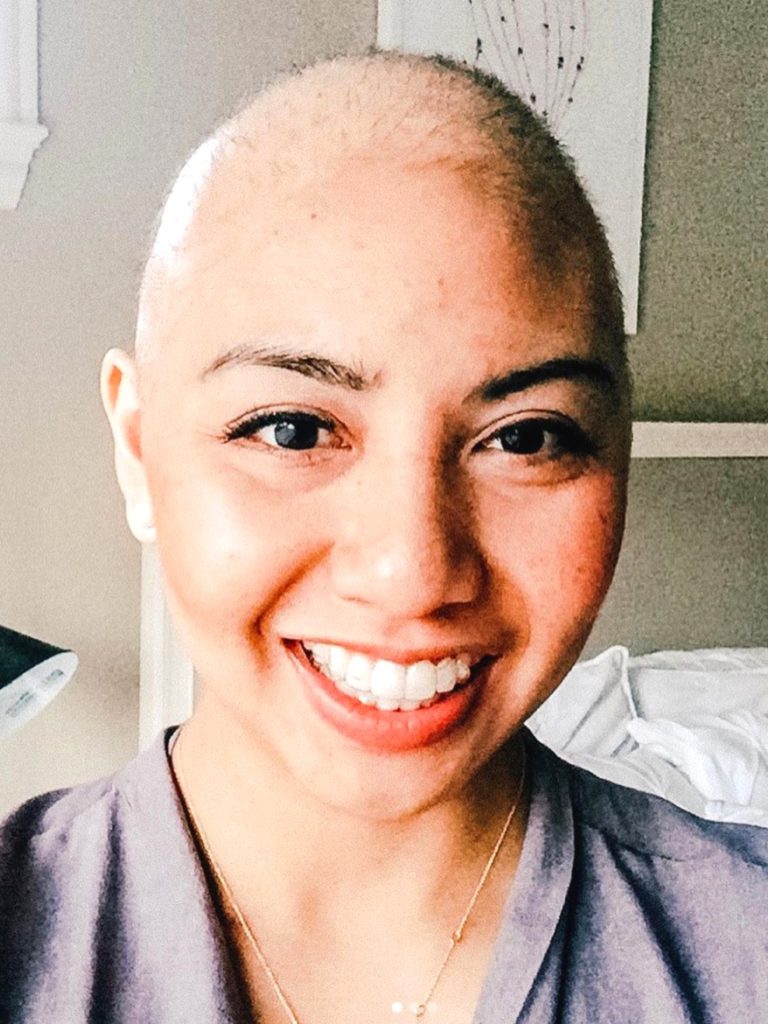
When did you lose hair?
I would say I immediately lost my hair. I thought I had time with my own hair, but I lost it literally maybe a week after the first round.
All my nurses said things like, “If you want a wig, we suggest you go look for a wig now before you lose your hair, if that’s something you’re looking into.” I did get a wig, I think, before I started.
Did you get a wig?
I did get a wig, which I didn’t really wear much except for when I was on the blog. In Chicago, they have this salon specifically for people with chronic illnesses.
It’s like a regular hair salon. It has all the bells and whistles, but it’s super clean and sanitized. They only have one patient in there.
You can select wigs to make you look like you, so before I even went in for my appointment, I had sent them a picture of myself. I walked in, and they had 5 or 6 different wigs that kind of looked like my hair.
I tried each one on, and then whatever one I feel comfortable with, that was mine. Then they’re willing to cut it, shape it, and color it however I wanted, which was incredible.
»MORE: Dealing with hair loss during cancer treatment
I did blog still when I was diagnosed. It was kind of my saving grace, if you call it, because during chemo you feel so sick, you feel so helpless, and it’s so hard to describe because it’s like an illness I’ve never felt before.
It wasn’t the cancer that made me sick. It was literally the treatments.
There are times where I felt like, “I don’t know if I could do this anymore.” I can see why it could be so easy to give up because there are times when you’re waking up, you don’t know how you’re gonna feel. You just don’t know how your body’s going to react.
No matter what meds the doctor prescribed you to alleviate the side effects, it’s still there, and you still feel like crap.
What were the chemo side effects
It’s a little hard to give a timeline, but I would say the day of chemo, it’s obviously a really long day, but I don’t think the side effects or any symptoms really start showing up then.
I know it’s different for everyone. Some may feel it immediately, but for me the day of, I was exhausted just from being at the hospital all day and the next day, too. I didn’t start experiencing side effects till a couple or a few days later.
It would first start with the nausea. I think nausea was definitely the worst. Then nothing tastes good.
Mainly everything tastes metallic-y, which makes it even harder to want to drink water, even though you’re supposed to stay hydrated. That was hard.
I would say one that I didn’t expect to have, even though I was told about it, was the mouth sores.
When I thought mouth sores, I thought maybe 1 or 2 here and there. No, this is like mouth sores where your entire mouth is coated in it.

That made it harder to even want to eat or talk, because it was painful. They did provide me this magic mouthwash, which kind of temporarily numbs the inside of your mouth just to make things a little bit more tolerable.
It comes in stages, every side effect. Sometimes, some weeks or some rounds, you’ll get a lot of them all at once. Then another side effect comes in.
You pretty much have your side effects up until a day or 2 before your next round, and that’s when you seriously just feel your best.
»MORE: Cancer patients share their treatment side effects
What helped with the side effects?
I pretty much just had to suck it up; I don’t know if there’s anything really you could do. They provided me Zofran and other anti-nausea meds. I tried to get on it before my next dose is due so there’s no gap, but it’s still there.
They always tell me, “Oh, whatever you do, don’t throw up. We want you to just keep it all in.” There were times where I was like, “I am so sick to my stomach I have to let it out.”
It’s so easy to want to give up because you just feel awful. There were times where I had my dark moments, and I thought, ‘I don’t know if I want to go through this anymore. I really don’t.’
If I came up with new side effects, I definitely let my team know. My husband is definitely frequently at the pharmacy, just picking up meds.
We actually had a good relationship with the pharmacist. I guess it’s a good or bad thing, right? You don’t want to always be there, but it’s kind of good.
Without them knowing fully what’s happening to me, they already knew, and they were very sweet about it. They tried to give tips and advice, which was really, really sweet of them.
What helped me was that I realized I’m young, and I still have a life to live.
Overall, I love my life, but I also know I have a life that I’m building with my husband, who has been the sweetest thing and the greatest blessing ever.
I want to fight for him; I want to be there with him. I want to have that family and live the dreams that we wanted to do.
We had a bucket list of things we wanted to do as newlyweds, and I felt bad because we couldn’t do them.
We literally had to put the newlywed life on hold. We didn’t experience that right after we got married, because I was diagnosed.
That gave me a little bit of a motivation. As far as handling it, I just try to be good with taking all these meds, but I mean I just really had to suck it up.
Sometimes getting a little fresh air helps, but sometimes it’s getting that push to get that fresh air.
My blog was one of the things that got me to go outside. My husband’s like, “Get ready, and even if we shoot for 10 minutes, then 10 minutes it is. We don’t have to do a full-on shoot.”
That 10 minutes of outside really help just for a little bit. It gave me that little push I needed, and it helped me feel better.
Blood pressure problems during chemo
One thing that did happen during chemo was my blood pressure. I’ve always had normal blood pressure, but during the second round, my blood pressure was really, really high — close to the 200s over 110.
It was just ridiculously high, to the point where they were a little scared because they weren’t sure if that was the Herceptin or if it was my heart working too hard.
Chemo is basically toxins in your body, so your heart probably is working a little extra hard. Also, I know heart disease and hypertension runs in my family.
During that time, it was also difficult to find the right blood pressure meds because they had to make sure whatever meds they were giving me also went well with chemo.
They found a couple of blood pressure meds that would pair well with chemo, but they didn’t work – they didn’t do anything – my blood pressure didn’t lower.
Eventually, we found a drug that worked. I actually had to go see a cardiologist who also dealt with cancer patients. It was really nice that they had something a little specialized. We did a little trial and error. That kind of helped stabilize my blood pressure.
When I was done with chemo, regarding Herceptin, I think I reacted to that very well. It was one of those things where it was just like another drug to take.
It’s a little bit hard. I didn’t even realize that you could still experience side effects when you’re done with chemo.
I had like a 10-year treatment plan overall. No matter what drug you take, you will experience side effects. Sometimes the side effects are similar to what you took from chemo, or sometimes the side effects from chemo just wait until after you’re done.
These are considered long-term side effects. Usually, doctors don’t know when that will ever go away. It’s one of those things that you just kind of have to work through regarding the whole survivorship.
Targeted Therapy
Describe your targeted therapy
One of my targeted therapies was Herceptin, and that’s why my chemo regimen was TCHP.
Whose decision was it to start targeted therapy?
It was the doctors, and I think it’s pretty common to have Herceptin with your chemo cocktail.
Describe the targeted therapy regimen
It was hard in the beginning because it was mixed in with all the other chemo drugs.
One of the things they wanted to look out for was that it could weaken your heart, so that was one of the side effects. They’ve been proactive with checking my heart.
Targeted therapy side effects
For targeted therapy with Herceptin, that was it. I did start another one when I was done with Herceptin, called Zometa.
With that, I experienced side effects the first round. It gives you flu-like symptoms, and I felt those symptoms immediately.
You just feel like you’re out of it, you feel sick to your stomach, you just feel like you have the flu, you have chills, and then you definitely have to pay attention for fevers.
Luckily, mine was never ever high enough that it resulted in going to the ER, but those are the few things that you have to look for.
Regarding hormone therapy, I had Zoladex. With them, I take the shots every 3 months. They also put me on aromatase inhibitor, and I use Aromasin for that.
In general, with this type of treatment, it just medically induced my body into menopause.
Here I am at 27, and my body goes into a complete 180.
That means your body just freaks out. You receive all the side effects that anyone has with menopause: hot flashes, bone aches, or bone pains.
There’s just like a slew of things, and it’s something that your body, at this age, should never go through.

Double Mastectomy Surgery
Describe the preparation before the double mastectomy
It’s kind of 2 parts. With my surgery, they wanted to make sure the lymph nodes are not affected. A week before my double mastectomy, they took out 6 sentinel lymph nodes — I can’t remember, 6 or 9 — and they did a biopsy on that.
If you’re not aware of it, if you tested positive for cancer on the sentinel lymph node, then chances are that other lymph nodes are affected. I was fortunate that those tested negative after chemo.
Also, that gave them a better game plan on how my surgery would be, because ideally I wanted a double mastectomy or bilateral mastectomy with immediate reconstruction.
But I was told, “If your lymph nodes are affected, then you’re going to need radiation, and we don’t recommend doing immediate reconstruction.”
It was nice that my lymph nodes came out clean.
A week later I had the double mastectomy scheduled, but it wasn’t guaranteed. It kind of depends on what they see
